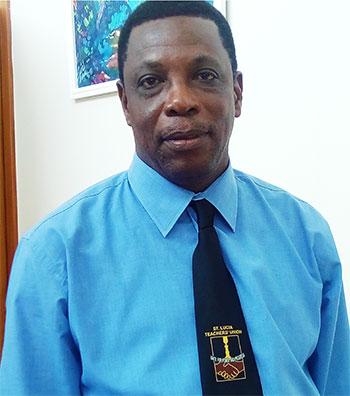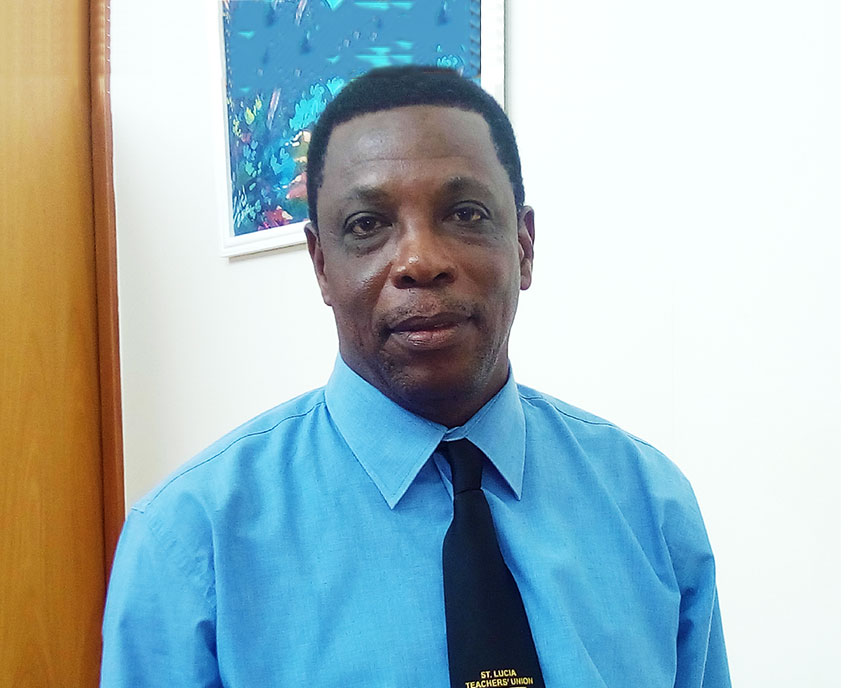ONE of the biggest tasks facing the new Executive of the Civil Service Association (CSA) that took office Wednesday will be to reunite its membership following a period of infighting — just about three years ago – that saw hundreds leave the organisation and the resulting formation of a group calling itself ‘Save Our Union’.

The disgruntlement and apathy that exist amongst the CSA membership were clearly seen at the April 25, 2018 elections that saw the selection of the new executive.
Out of a total of 2,920 members registered to vote, only 649 voted — although the Voter Verification System showed 641 voted. This meant that about 22.23% of the membership voted, which is clearly a very low-keyed election.
The wrangling within the CSA took on tremendous proportions when current Health Minister Mary Isaac was its president. Not only were threats of lawsuits made against Isaac’s executive by the embittered faction within the organisation, but meetings called by the executive usually ended-up in uproar.
Julian Monrose, head of the Trade Union Federation (TUF) and the St. Lucia Teachers’ Union (SLTU) gave the CSA’s newly-elected executive even more to ponder on, when he delivered the featured address at their Conference of Delegates Wednesday at their headquarters in Sans Soucis.
Expounding on the conference’s theme ‘Safeguarding Workers Interest in a Changing Environment’, Monrose explained that safeguarding workers interests meant that the CSA must engage in political advocacy on matters important to workers and must try to achieve the desirable goal of economic, political and social justice for every one of its members.
He called on the CSA to advocate for the protection of consumers and support services for the disadvantaged, opposed cutbacks in social programmes like education, health and welfare and urged members to also resist privatisation of the social services.
“In safeguarding workers interest in this changing environment, the CSA must seek to embrace the 2030 agenda for sustainable development which comprised the development priorities at the global level.
“The CSA has the responsibility to participate in the planning and execution in the achievement of these goals in the national, regional and international context,” Monrose said.
He said the CSA, in its efforts at safeguarding workers interest, must undertake some critical and specific initiatives.
Monrose called on the executive to embrace the Decent Work Agenda of the ILO (International Labour Organisation), which calls for action to improve the living and working conditions of people through employment, recognition of their rights of respect, social protection and social dialogue.
The TUF president implored the CSA to forge greater alliances with civil society — form partnerships with government and the business community as well, but noting, however, that partnership with government does not mean a readiness to accept any position.
“We must always assume an adversarial posture. The partnership must be based on an appreciation of the fact that a government, as the employer and the union have much in common but have differences.
“Every effort should be made to resolve the differences through consultation, dialogue and negotiations. However it must be clear that when the government or any employer attempts to be a recalcitrant, it must be handled with trade union firmness,” Monrose said.
The Teachers’ Union president had much positive things to say about trade unions such as, if they were no more, not only would the concentration of wealth in the hands of a few grow, but the corporate domination of government would increase, the rights of public servants and others to bargain collectively for their pay and benefits would be lost — and that the rights of workers generally will not be protected.












![.[L-R] Parliamentary Representative for Castries Southeast, Lisa Jawahir & Talk show host, Timothy Poleon](https://thevoiceslu.com/wp-content/uploads/2026/02/Lisa-Jawahir-Timothy-Poleon-380x250.jpg)
![Public Service and Utilities Minister Stephenson King delivered remarks [Photo credit: VP]](https://thevoiceslu.com/wp-content/uploads/2026/02/Stephenson-King-380x250.jpg)

